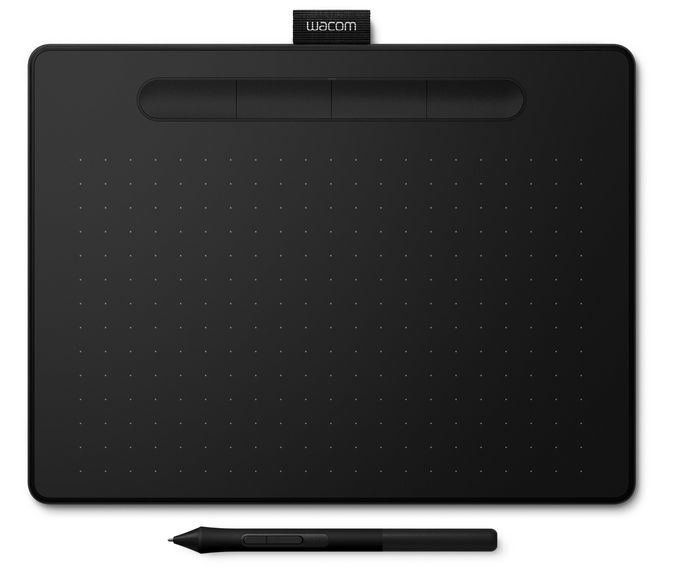Levels getting information to an ideal raid 1. For example the the logical drive 0 ldo has two member 73gb drives. Download free latest dell perc 4e/di controller scsi & raid devices drivers, dell latest drivers is compatible with all windows, and supported 32 & 64 bit operating systems.
- The Driver Update Tool – is a utility that contains more than 27 million official drivers for all hardware, including scsi & raid devices drivers. This utility was recognized by many users all over the world as a modern, convenient alternative to manual updating of the drivers and also received a high rating from known computer publications.
- Re: Looking for drivers for AMD-RAID Configuration SCSI Processor Device Sounds like something is set to 'RAID' in BIOS. Try to reset your laptop BIOS back to 'Default' and see if it upgrades. Also run SFC /scannow in an a elevated Command Prompt or PowerShell to make sure.
- Windows device driver information for Adaptec SCSI RAID 2120S Controller. Designed for high volume data traffic computing network environments this particular hardware component is intended to deliver protection for data exchanges to minimize data loss as well as prevent computer server down time.
- After plugging in a USB storage device, I got an oops from the HID driver (which is from the linuxwacom-dev tree). Lsmod reports: Module Size Used by Tainted: P usb-storage 48832 1 (initializing) srmod 18776 0 (autoclean) (unused) ide-scsi 10896 0 ide-cd 32704 0 cdrom 29280 0 (autoclean) srmod ide-cd scsimod 103520 3 usb-storage srmod ide-scsi mousedev 4796 0 (unused) hid 21892 0.
QEMU can emulate a PCI UHCI, OHCI, EHCI or XHCI USB controller. You canplug virtual USB devices or real host USB devices (only works withcertain host operating systems). QEMU will automatically create andconnect virtual USB hubs as necessary to connect multiple USB devices.
Connecting USB devices¶
USB devices can be connected with the -deviceusb-... command lineoption or the device_add monitor command. Available devices are:
usb-mouse
usb-tabletusb-storage,drive=drive_idusb-uasusb-botusb-mtp,rootdir=dirusb-host,hostbus=bus,hostaddr=addrusb-host,vendorid=vendor,productid=productusb-wacom-tablettablet above but it can be used with the tslib library because inaddition to touch coordinates it reports touch pressure.usb-kbd
usb-serial,chardev=idusb-braille,chardev=id
Scsi Device Driver

usb-net[,netdev=id]:max_bytes(150000):strip_icc()/WacomIntuos3-56a5d5475f9b58b7d0dea1a8.jpg)
Network adapter that supports CDC ethernet and RNDIS protocols. idspecifies a netdev defined with -netdev…,id=id. For instance,user-mode networking can be used with
usb-ccidScsi Driver Windows 10
usb-audiou2f-{emulated,passthru}Using host USB devices on a Linux host¶
WARNING: this is an experimental feature. QEMU will slow down when usingit. USB devices requiring real time streaming (i.e. USB Video Cameras)are not supported yet.
Download Scsi Drivers
If you use an early Linux 2.4 kernel, verify that no Linux driver isactually using the USB device. A simple way to do that is simply todisable the corresponding kernel module by renaming it from
mydriver.otomydriver.o.disabled.Verify that
/proc/bus/usbis working (most Linux distributionsshould enable it by default). You should see something like that:Since only root can access to the USB devices directly, you caneither launch QEMU as root or change the permissions of the USBdevices you want to use. For testing, the following suffices:
Launch QEMU and do in the monitor:
You should see the list of the devices you can use (Never try to usehubs, it won’t work).
Add the device in QEMU by using:
Normally the guest OS should report that a new USB device is plugged.You can use the option
-deviceusb-host,...to do the same.Now you can try to use the host USB device in QEMU.
When relaunching QEMU, you may have to unplug and plug again the USBdevice to make it work again (this is a bug).
